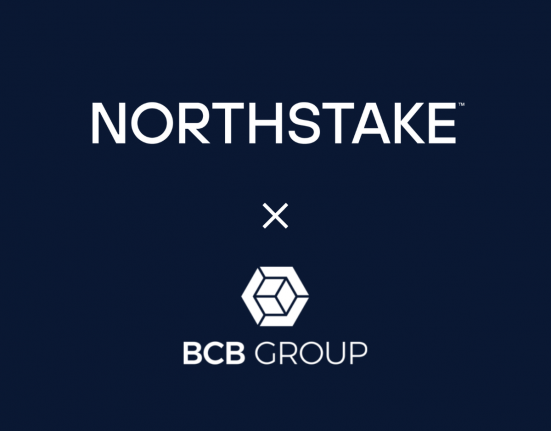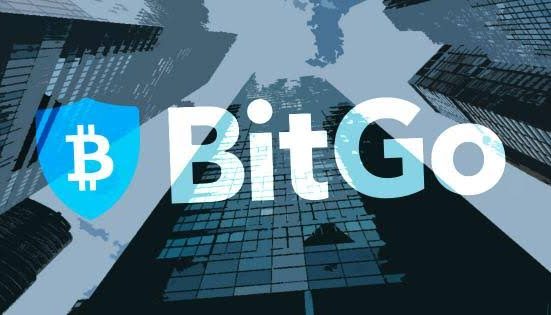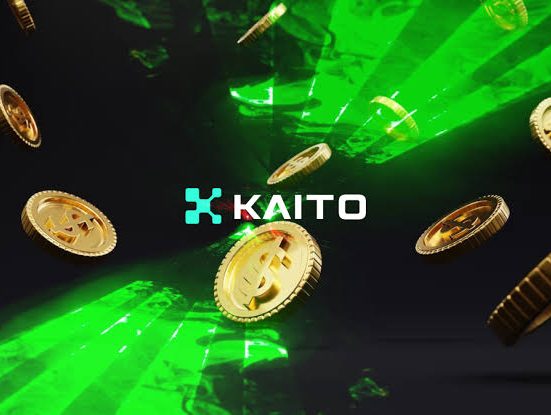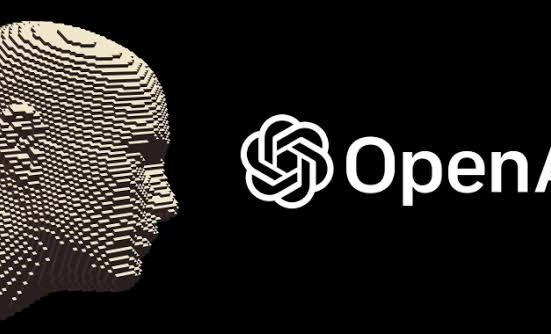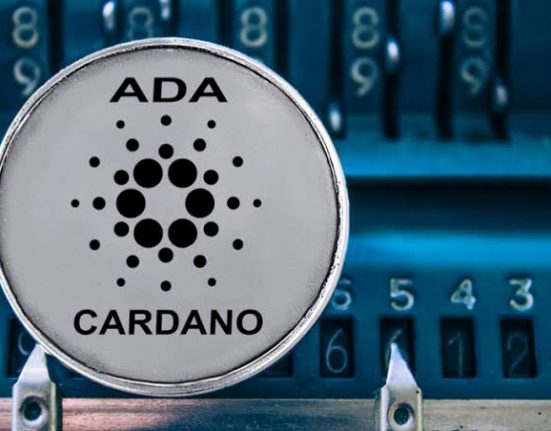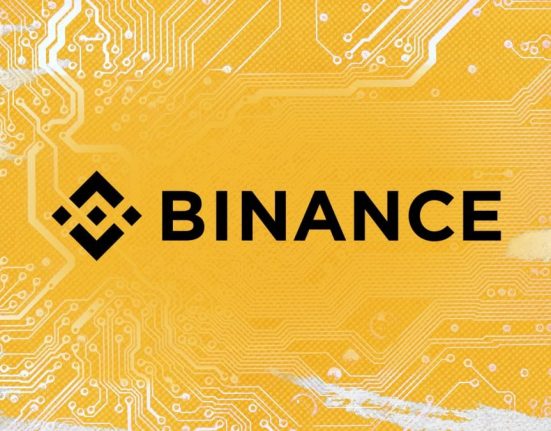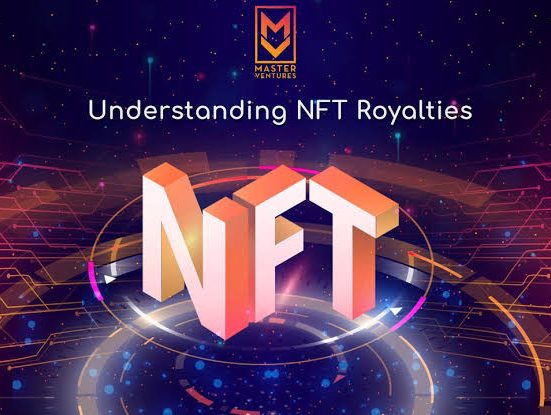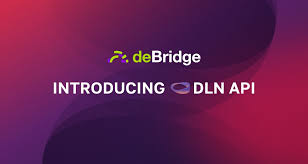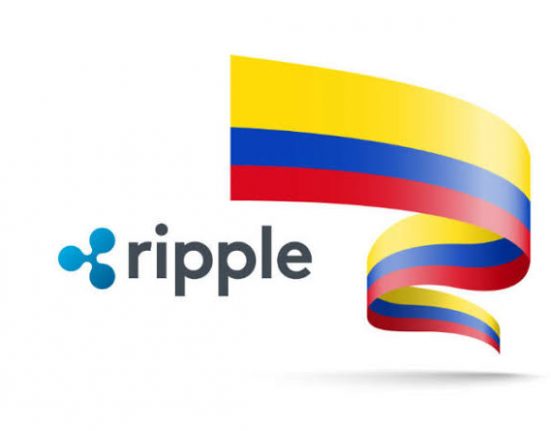To increase institutional cryptocurrency staking, Northstake raises $3 million.
A bitcoin staking platform called Northstake that targets institutional investors raised $3 million from PreSeed Ventures, Morph Capital, The Aventures Fund, Funfair Ventures, and Delta Blockchain Fund for 2.8 million euros.The Copenhagen-based business, which saw over $80 million in crypto assets staked in 2022, handles the regulatory-compliant legal and technical aspects of staking, which is the process of supporting a public blockchain like Ethereum by posting collateral to the network in exchange for yield. Financial institutions are expected to have some exposure to staking cryptocurrency, and this is especially true now that Ethereum, the second-largest blockchain, has switched to a proof-of-stake consensus structure.Through collaborations with the custody technology company Fireblocks and the blockchain analytics service provider Chainalysis, Northstake streamlines the procedure while keeping compliance in mind.According to CEO Jesper Johansen, the Danish company is courting interest from sovereign wealth funds and similar institutions. In an interview, Johansen stated that institutional investors are “looking at this and trying to figure out what staking is and where does the yield come from” at the asset manager and sovereign fund levels.It’s noteworthy that one of our ultimate beneficial owners in this round of funding is ATP, one of the biggest asset managers in Europe and a state-owned pension fund in Denmark.Rather than offering complicated decentralized staking protocols like Lido or Rocketpool do, Northstake focuses on straightforward staking products, according to Johansen. Institutions are unable to manage the anti-money laundering (AML) concerns associated with not knowing the identity of a staking counterparty or the nature of the funds being channeled through smart contracts, he claimed. In a statement, Kavita Gupta, the founder of Delta Blockchain Fund and a consultant to Northstake, said, “At Delta, we are bullish on institutional staking services as it allows them to realize the full potential of holding cryptocurrency by earning passive income, supporting the network, and holding tokens beyond just having them sit as the speculative asset on the balance sheet.”


